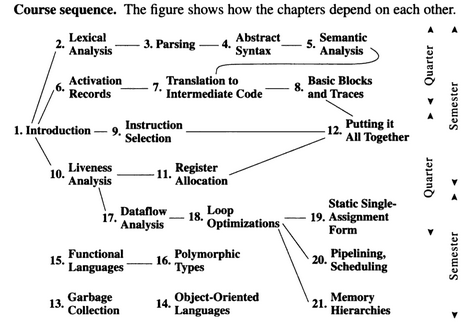Originally posted by Reverend Jones:
What about 0⁰?
I personally feel 1 is the most right answer, but tbh I hadn't seen the complex analysis stuff which suggests other things. So, neat article, thanks for sharing.

This is the static archive of the Massassi Forums. The forums are
closed indefinitely. Thanks for all the memories!
You can also download
Super Old Archived Message Boards
from when Massassi first started.
"View" counts are as of the day the forums were archived, and will no longer increase.

